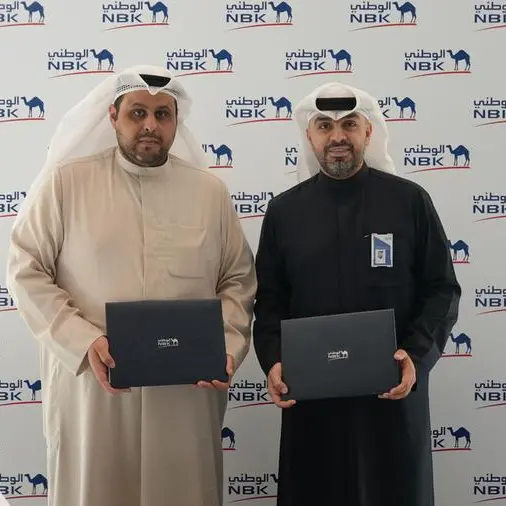The Economic Commission for Africa (ECA) and the RES4Africa Foundation have jointly released a series of country regulatory reviews on electricity markets in Ethiopia, Rwanda, Zambia, South Africa and Ghana.
The reports, which aim to support the crowding-in of scaled private sector investment in generation, networks and off-grid markets,were released on 8 December 20201 during an Expert Group Meeting on the theme “Enhancing Electricity Market Regulation in Africa to Accelerate Participation of the Private Sector in Infrastructure Investment,”
The publications are a result of a productive partnership between ECA, through its SDG7 Finance initiative pillar area on energy sector governance, and the RES4Africa Foundation - through its Missing Links initiative.
In 2020 alone, the global energy market saw about $1.9 trillion in investments, of which emerging and developing countries attracted 1/5th. Africa captured only a fraction, signaling the crucial importance of addressing private sector investment participation challenges in the electricity market. Towards this end, addressing regulatory and policy challenges in the sector is essential.
The High-Level Dialogue on Energy (HLDE), which took place in September 2021 considered key recommendations particularly under the thematic area of Finance and Investment to meet SDG7 goals. The HLDE called for a robust private sector participation in energy infrastructure investment across the value chain by addressing uncertainties in policy and regulatory environments. In this regard, the HLDE recommended member States to address the de-risking of projects and fixing regulatory barriers to ensure market openness, attractiveness, and readiness for private-sector finance.
Mr. William Lugemwa, Director of ECA’s Private Sector Development and Finance Division, stated that “the work we do on national regulatory reviews, capacity support on regulatory system development using our upcoming software (ROAR), and our work with AUC on a continental framework on regulation and private sector participation are essential in working with member States towards regulatory improvements to meet SDG7 goals.”
Mr. Roberto Vigotti, Secretary General at RES4Africa Foundation, acknowledged that “the cooperation between RES4Africa and ECA represents a successful best-practice of public-private dialogue. Today, we are engaged in continuing fostering this partnership and moving forward in supporting interested African countries to foster the openness, attractiveness and readiness of electricity markets”.
In this Decade of Action, member States must accelerate action to meet SDG7 goals, and enable Africa’s just energy transition towards a sustainable energy future for all. In this effort, the private sector should play a robust role in bridging infrastructure finance gaps, particularly in a constrained COVID-19 public finance environment. As member States pursue greater openness, attractiveness and readiness of their electricity markets for greater investment, the released country regulatory assessment reports could offer useful insights and targeted recommendations.
Today’s Expert Group Meeting was organised on the sidelines of the ECA Committee Meeting on Private Sector Development, Regional Integration, Trade, Infrastructure, Industry and Technology on the theme: “Africa’s Economic Development in the Post-COVID-19 Era.”
Distributed by APO Group on behalf of United Nations Economic Commission for Africa (ECA).
© Press Release 2021
Disclaimer: The contents of this press release was provided from an external third party provider. This website is not responsible for, and does not control, such external content. This content is provided on an “as is” and “as available” basis and has not been edited in any way. Neither this website nor our affiliates guarantee the accuracy of or endorse the views or opinions expressed in this press release.
The press release is provided for informational purposes only. The content does not provide tax, legal or investment advice or opinion regarding the suitability, value or profitability of any particular security, portfolio or investment strategy. Neither this website nor our affiliates shall be liable for any errors or inaccuracies in the content, or for any actions taken by you in reliance thereon. You expressly agree that your use of the information within this article is at your sole risk.
To the fullest extent permitted by applicable law, this website, its parent company, its subsidiaries, its affiliates and the respective shareholders, directors, officers, employees, agents, advertisers, content providers and licensors will not be liable (jointly or severally) to you for any direct, indirect, consequential, special, incidental, punitive or exemplary damages, including without limitation, lost profits, lost savings and lost revenues, whether in negligence, tort, contract or any other theory of liability, even if the parties have been advised of the possibility or could have foreseen any such damages.



















